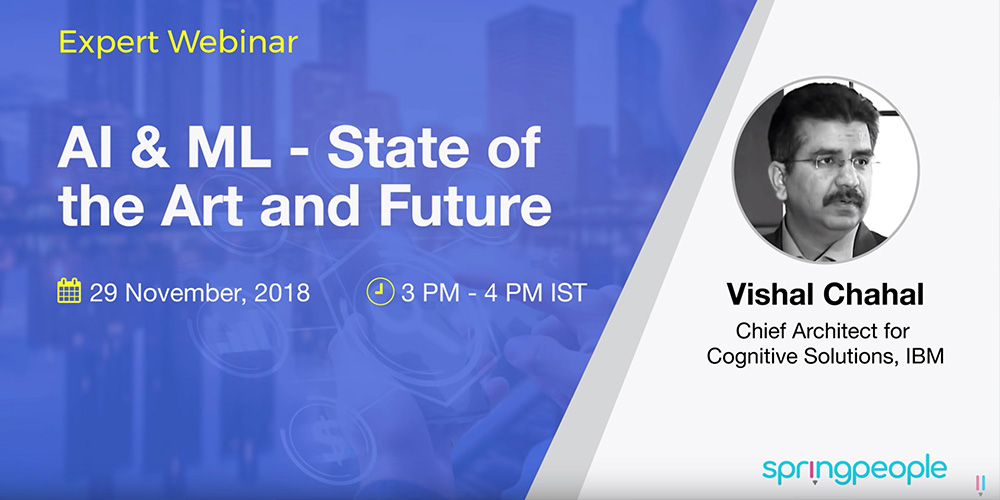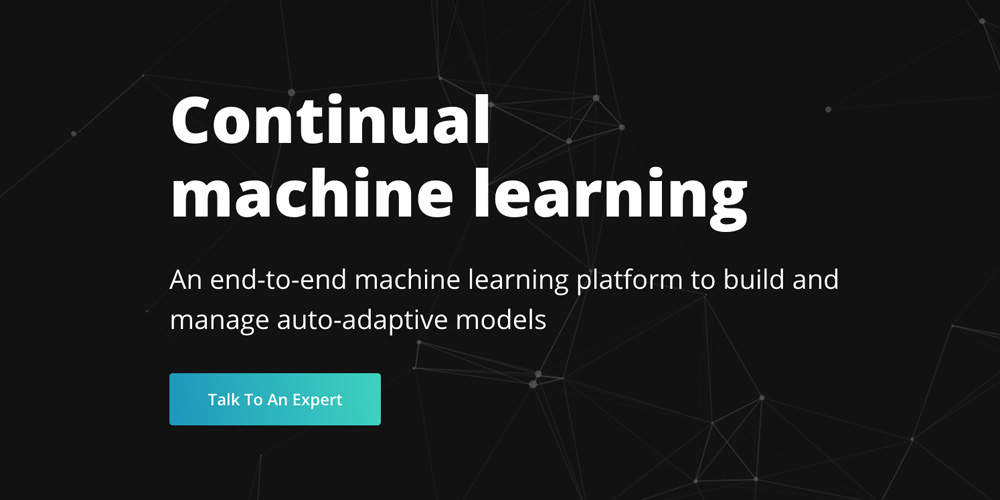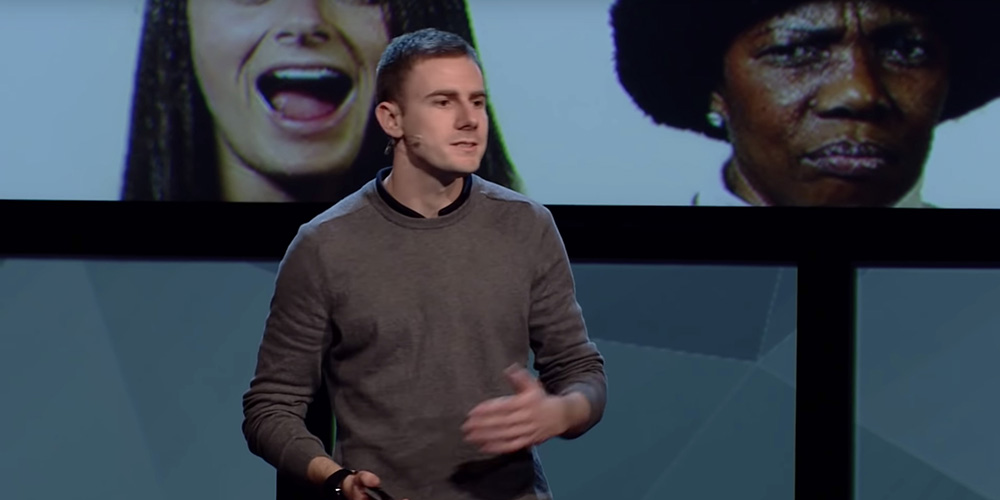Gain real-time experience in Data Science
There is an opportunity to shape and develop 3.5 million data professionals globally, focused on social impact areas in the next 10 years. The PG Programme in Data Science for Climate & Health is an 11-month advanced data science certificate programme developed by BITS Pilani WILP in collaboration with data.org, to equip working professionals with the essential skills to become data scientists for global change.
The program is designed in collaboration with BITS Pilani's globally renowned faculty, combining technical expertise with a globally relevant curriculum, specifically tailored for the growth of working professionals.
To facilitate the learning and prepare the leaders of tomorrow who will lead data for a global impact, BITS Pilani WILP is awarding 100% and 75% scholarships to the candidates who meet the eligibility criteria. To know more, visit the ‘Fee & Scholarship’ section below.
Programme Highlights
- Post-graduate programme for working professionals with a duration of 11 months.
- 75%/ 100% scholarships available for working professionals who meet the eligibility criteria. To know more, refer to the ‘Fee & Scholarship’ section below.
- An optional refresher module available for professionals to cover topics such as Introduction to Python programming, Data Types, Programme Constructs, Numpy, Pandas, Matplotlib, and Debugging Python programmes.
- Gain advanced knowledge in data science with Regression, Feature Engineering, Classification, and Unsupervised Learning and Association Rule Mining course modules.
- The programme uses extensive digital content including expert lecture videos and engaging digital learning material available online.
- Access to BITS Pilani instructors through online technology-enabled contact classes which can be accessed from anywhere, Q&A support, and discussion forums.
- Program offers 4 segments, each with one or two modules, to create awareness through the application of data science to real problems in climate change, health and their intersection.
- Gain hands-on experience with data with an 8-week project addressing a real-life problem in climate change, health, or their intersection.
Programme Curriculum
The 11-month Post Graduate Programme in Data Science for Climate and Health consists of 6 Courses and a Capstone Project.
Regression
Regression as a type of supervised learning technique where the target attribute is a continuous variable; regression models from theoretical and implementation perspectives. Model selection and performance measures; Issues with regression models such as overfitting and the ways of combatting overfitting like ridge and lasso regression; Interpretability/explicability of the models;
Feature Engineering
Feature Engineering as a step to develop and improve performance of Machine Learning models; Data wrangling techniques that help transforming the raw data to an appropriate form for learning algorithms; Data preprocessing techniques such as normalization, discretization, feature subset selection etc. and dimension reduction techniques such as PCA. Different ways of visualizing the data such as Box plots, Contour plots, Heat maps etc
Classification
Classification is a type of supervised learning techniques where the target attribute takes discrete values; Three types of techniques to solve classification problems – discriminant function, generative, and probabilistic discriminative approaches. Algorithmic perspective of popular classification algorithms - k-NN, Naïve Bayes, Decision Tree, Logistic Regression and SVM. Implementation details of these models along with tuning of parameters. Ensemble methods, bagging, boosting, Random Forest and eXtreme Gradient Boosting. Interpretability/explicability of the models
Unsupervised Learning and Association Rule Mining
The course focuses on finding natural groups or clusters that are present in the data. The course will cover lustering algorithms like K-means, Hierarchical & DBSCAN algorithms, Hidden Markov Models for time series prediction, and market basket analysis to generate the interesting rules from a transactional database.
Data Science for Climate Change
Evolution (long-term climate data time series analysis, simple statistical models etc), current extent (spatial visualization, new data collection techniques such as AWS, satellite based platforms and citizen science based data collection, its assimilation) and future projections (regional climate modelling, climate data downscaling, and bias correction using deep learning and other DS tools) of the climate change at global, regional and local scales; Solution concepts such as GHG inventory, mitigation pathways (from simple statistical models to complex integrated Assessment model – IAMs); theories and practical case-studies; social aspects of data collection, selection and use (biases, distortions, and blindspots, and the role governance and ethics)
Data Science for Health
Need for ML in healthcare, Real world applications and examples; Different data types available from healthcare systems (EMR, population, surveillance etc.); Handling of unstructured data (medical images, clinical text, Biomedical signals); ML techniques for health data; Deployment of AI models in clinical workflows; Challenges in clinical ML - data challenges, interpretability; Ethical and regulatory issues for AI in healthcare - bias, fairness, privacy and security considerations
Real life problems encompassing a typical data science pipeline obtained from organizations/third party vendors; Jointly mentored by the industry experts and faculty; Comparative study of the relevant techniques covered in the VII-50 course; Presenting the results in the required format; Fortnightly review of progress of the project.
Mode of Learning
The Mode of Learning is based on a powerful educational approach called Work Integrated Learning. For detailed description of work integrated learning Click here
Key Benefits of BITS Pilani WILP
1)Students can pursue the programme without any career break and along with the job.
2) The programme curriculum is highly relevant to the climate and health domains.
3) Effective use of technology to deliver a range of learning interventions such as faculty contact sessions, asynchronous learning, remote, virtual and cloud labs, learner support, peer to peer collaboration etc.
4) Comprehensive examinations will be scheduled at the end of Course 3 (for courses 1,2, 3) and Course 6 (for courses 4, 5,6) and are conducted mostly at designated examination centres distributed across the country (for details, click here)
5) Learners can access engaging learning material which includes recorded lectures from BITS Pilani faculty members, course handouts and recorded lab content where applicable.
Mode Of Examination
Mode of Examinations applicable for students admitted in Batch starting in Oct/Nov 2024:
Comprehensive examinations will be conducted for each Course in the programme. These exams are typically conducted at the end of Course 3 (for Courses 1, 2, 3) and Course 6 (for Courses 4, 5, 6) before starting the Capstone Project. These examinations are mostly scheduled on Friday, Saturday or Sunday. Students need to appear in person for taking the examinations at the institution’s designated examination centres as per the examination schedule, Instructions, rules and guidelines announced before every examination.
For Indian Students:
Students can take their examination at any of our 33 designated examination centres in India at the following locations:
- South Zone: Bangalore - North, Bangalore - Central, Bangalore - South, Bangalore - East, Chennai - North, Chennai - Central, Chennai - South, Hyderabad, Secunderabad, Vijayawada, Visakhapatnam, Kochi, Thiruvananthapuram and Coimbatore.
- North Zone: Delhi, Gurugram, Noida, Jaipur, Chandigarh, Lucknow and Pilani.
- West Zone: Mumbai, Navi-Mumbai, Pune, Pune - Pimpri Chinchwad, Goa, Ahmedabad, Indore and Nagpur.
- East Zone: Kolkata, Bhubaneswar, Guwahati and Jamshedpur.
For International Students:
- In addition to the above locations, the institution also has a designated international examination centre, located in Dubai.
- To facilitate the learning of international students, applying from any other location except India and Dubai, the mode of examinations will be online, which can be availed by meeting the requirements of the institute.
- To know more about the requirements for online examinations, Click here
- Indian students, who are temporarily based out of India, can also avail of online examinations on request by meeting the above-mentioned requirements of the institute.
Eligibility Criteria
To participate, the candidate must possess one of the following qualifications: Working professionals from relevant disciplines, holding a four-year B.Tech. degree or equivalent, or M.Sc. degree in mathematics/statistics.
Fee & Scholarship
Programme Fees : INR 2,45,000 (including GST)
For details on No-cost EMI option with 0% interest, Click Here
Scholarship will be awarded to the following two categories of working professionals, subject to the institute’s norms.
Category -1: 100% scholarship* will be awarded to professionals employed in NGOs, who meet the programme eligibility criteria and are selected based on their existing work profile and an interview conducted by the Institute’s designated officials. The interview will be conducted online after one week of the submission of the application, and supporting documents. This scholarship will be given to 30 professionals on a first come first serve basis, provided they meet the eligibility criteria. For details on how to apply, click here.
Category - 2: 75% scholarship* will be awarded to working professionals who meet the programme eligibility criteria and are selected based on their existing work profile, and an interview conducted by the Institute’s designated officials. The interview will be conducted online after one week of the submission of the application, and supporting documents. For details on how to apply, click here.
*A limited number of scholarships are available, and will be awarded at the discretion of the institute, and subject to meeting the above mentioned criteria for both the categories.
Refund: Participants may cancel their admission within the first 14 days from the start of the cohort, i.e. Programme Start date (launch of Course 1). He/ She will be eligible to get a full refund of programme fee paid, minus the bank processing charges, and applicable taxes (the taxes won’t be refunded). Refund will be processed within a maximum of 45 working days. The participant will be required to fill in a refund form that will be made available by the Admission Cell. Important: For every course in the program institute will recommend textbooks, students would need to procure these textbooks on their own.
How to Apply
- Click here to visit the BITS Pilani Online Application Center. Create your login at the Application Center by entering your unique Email id and create a password of your choice.
- Fill up the online application form
- Detail out your objectives behind applying for this programme (not more than 500 words)
- Description of your work profile (not more than 500 words)
- Institute will evaluate your application form & supporting documents, and if eligible will schedule an online interview with designated officials.
- Applicants selected will receive a provisional admission offer letter, along with scholarship details if applicable.
- Upon receiving Provisional Admission Offer Letter, along with scholarship (if any), you will be required to upload the required documents.
- Scanned copy of Passport size photograph.
- Scanned copy of self-attested Graduation degree certificate and marksheets.
- Proof of ID (Govt. issued ID such as Driving License, Passport, Aadhaar, Voter ID, etc.)
- Proof of employment, such as Work Experience Certification from current employer.
Pay the balance amount depending on the allocated scholarship (if any), within two weeks of paying the block amount or the batch start date, whichever is earlier
Featured Faculty
.png)
Ashwin Srinivasan

Dr. Manik Gupta
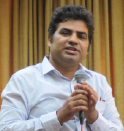
Dr. Rajiv Kumar Chaturvedi
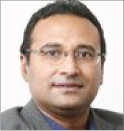
Prof. Sugata Ghosal

Prof. Pravin Y Pawar

Dr. Chetana
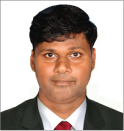
Dr. Saikishor Jangiti
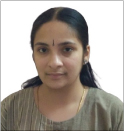
Prof. Rajavadhana
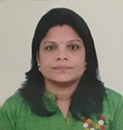
Prof. Vijayalakshmi Anand

Prof. Ashish Narang

Prof. Swarna Chaudhary

Dr. Jyotsana Grover
FAQs
To participate, the candidate must possess one of the following qualifications: Working professionals from relevant disciplines, holding a four-year B.Tech. degree or equivalent, or M.Sc. degree in mathematics/statistics.
This certification programme runs for 11-months with approximately 440 expected learning hours.
The program comprises 7 courses (including a project) and a TBD number of credit units. WILP foresees that some admitted students might have completed the PG certificate program in Artificial Intelligence and Machine Learning or higher-level programs in Data Science or AIML. These programs fulfill the requirements for admission to the PG certificate program in Data Science for Climate and Health, with significant overlap in course content. Graduates from these programs may be considered for admission under a provisional policy allowing advanced standing. This policy involves the following 4 courses (and the 8 credit units corresponding to these courses) be waived from their graduation requirement:
Course No.-
| Course Title | Units |
|---|---|
| Regression | 2 |
| Feature Engineering | 1 |
| Classification | 3 |
| Deep Learning and Artificial Neural Networks | 2 |
Successful completion of the certificate programme would require completion of all the courses with a minimum C- grade in each course.
Upon successful completion of the programme, participants will receive a degree certificate from BITS Pilani.
The programme is designed for working professionals, and participants are not required to travel to a BITS campus. However, certain programme offer Campus Immersion Modules such as workshops or seminars, which are highly recommended but not mandatory.
Yes. The qualification will provide you the prestigious BITS Pilani Alumni status, through which you will become member of an elite & global community of BITS Pilani Alumni.
This 11-month Post Graduate Certificate Programme in Data Science for Climate and Health is crafted to assist working professionals in two major ways:
- Getting a grip on Data Science by learning various tools and techniques for analyzing data.
- Applying these skills to address actual challenges in climate change, health issues, and where these fields intersect.

.png)
.png)
.png)
.png)
.png)
.png)
.png)
.png)
.png)
